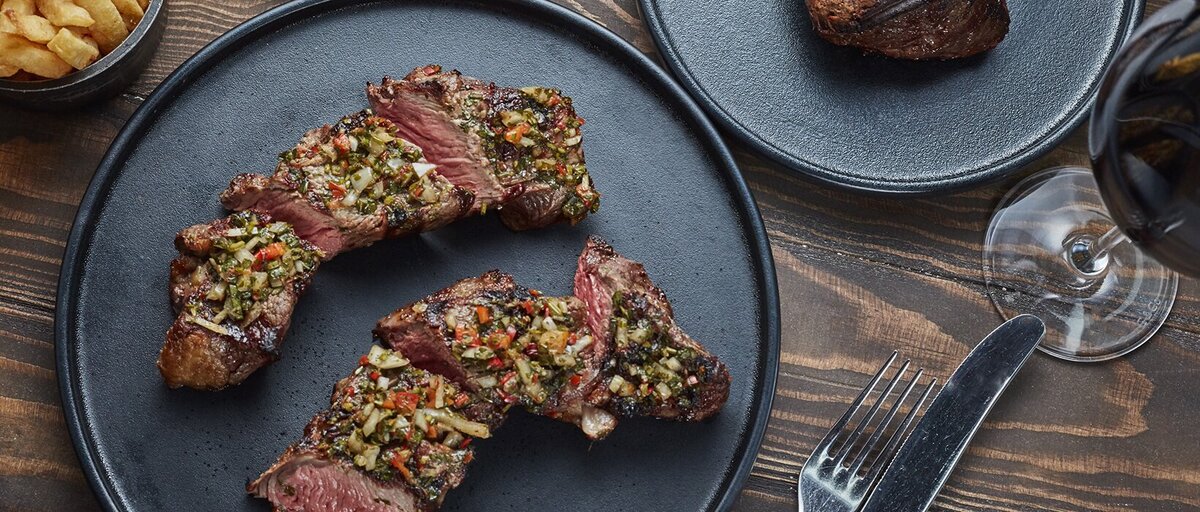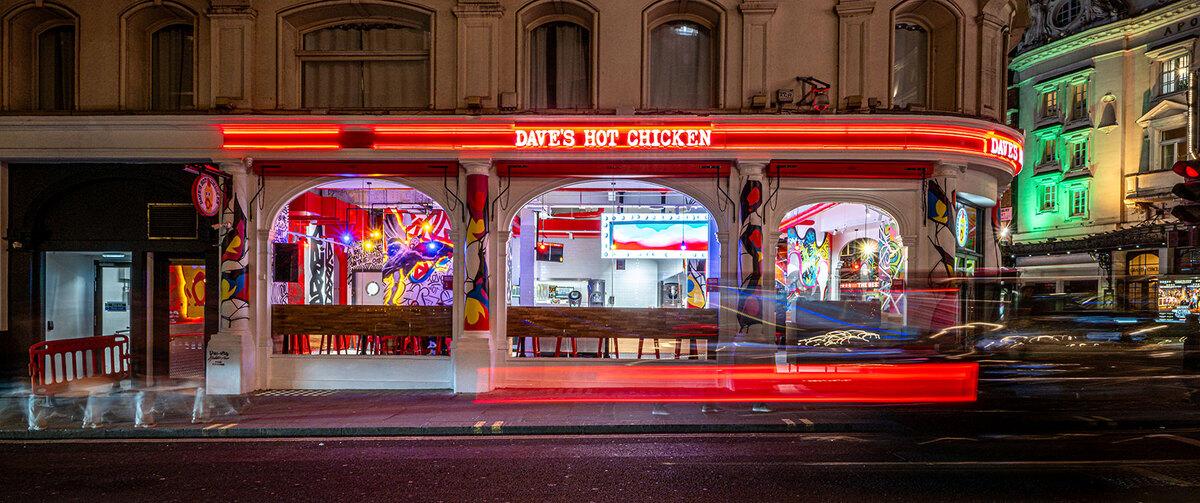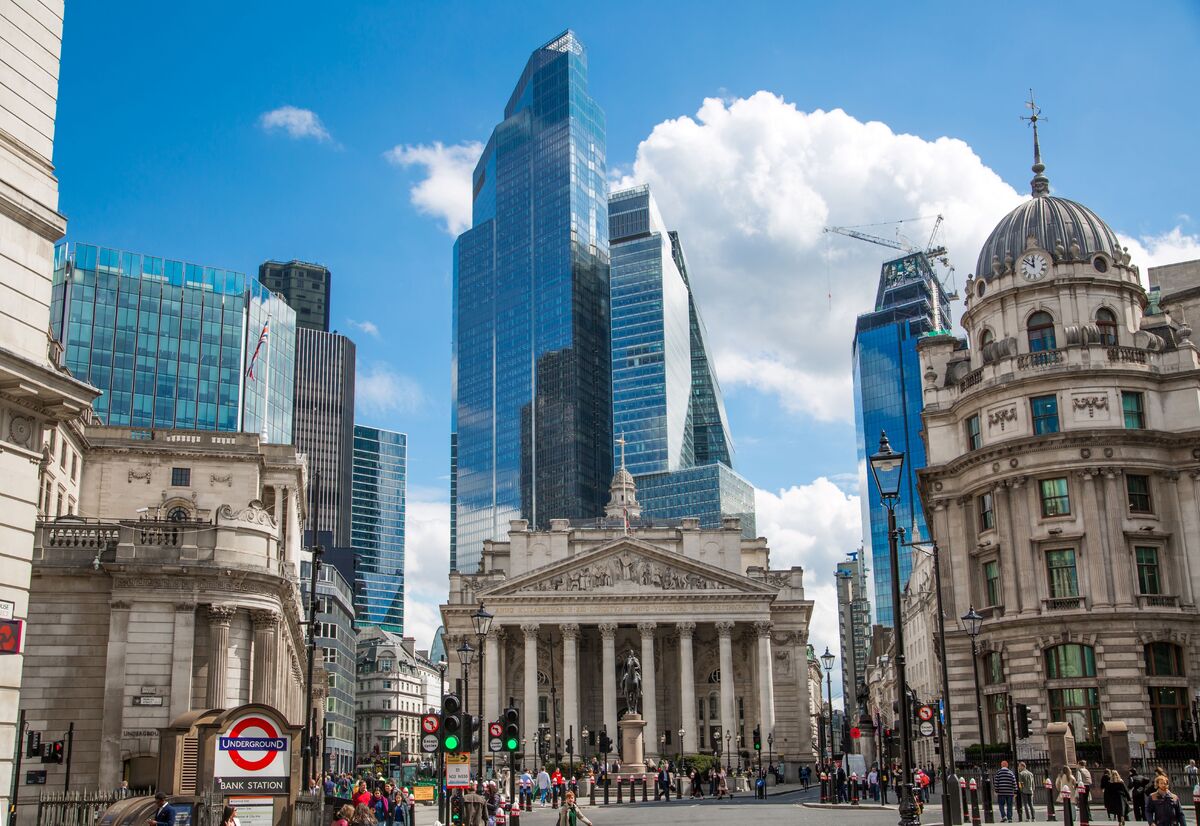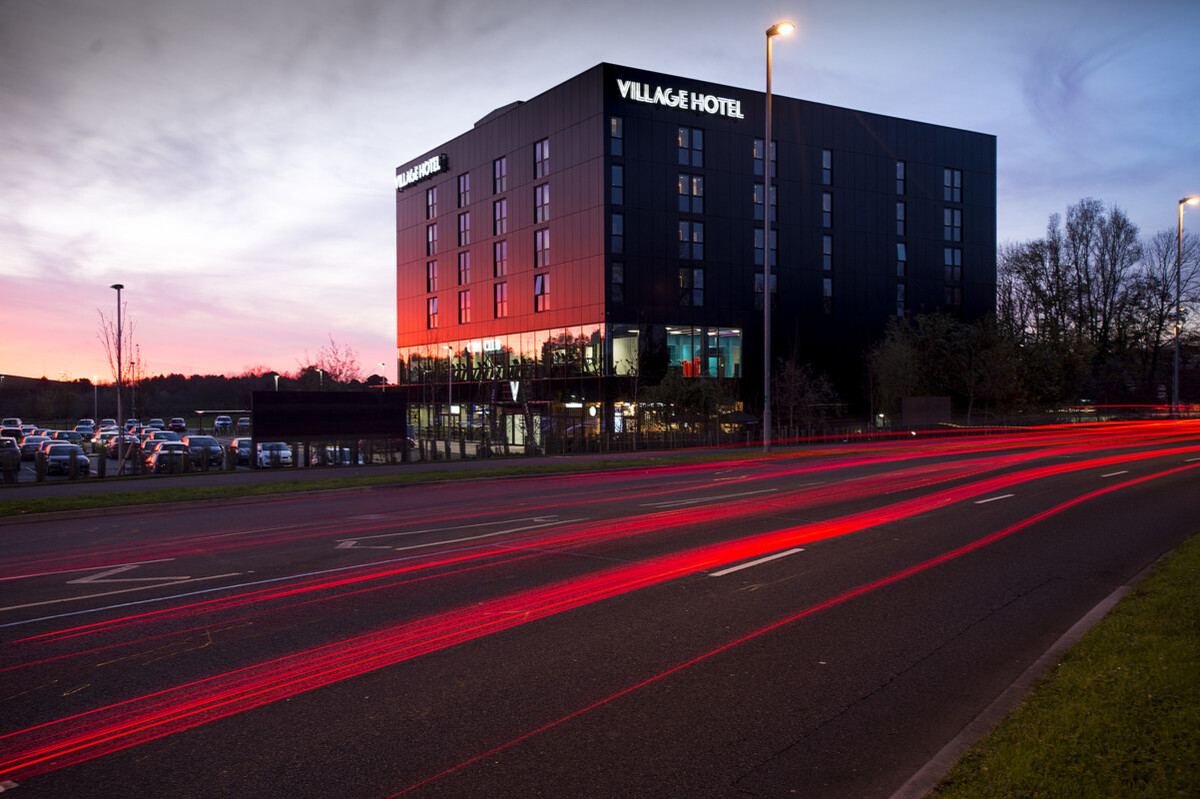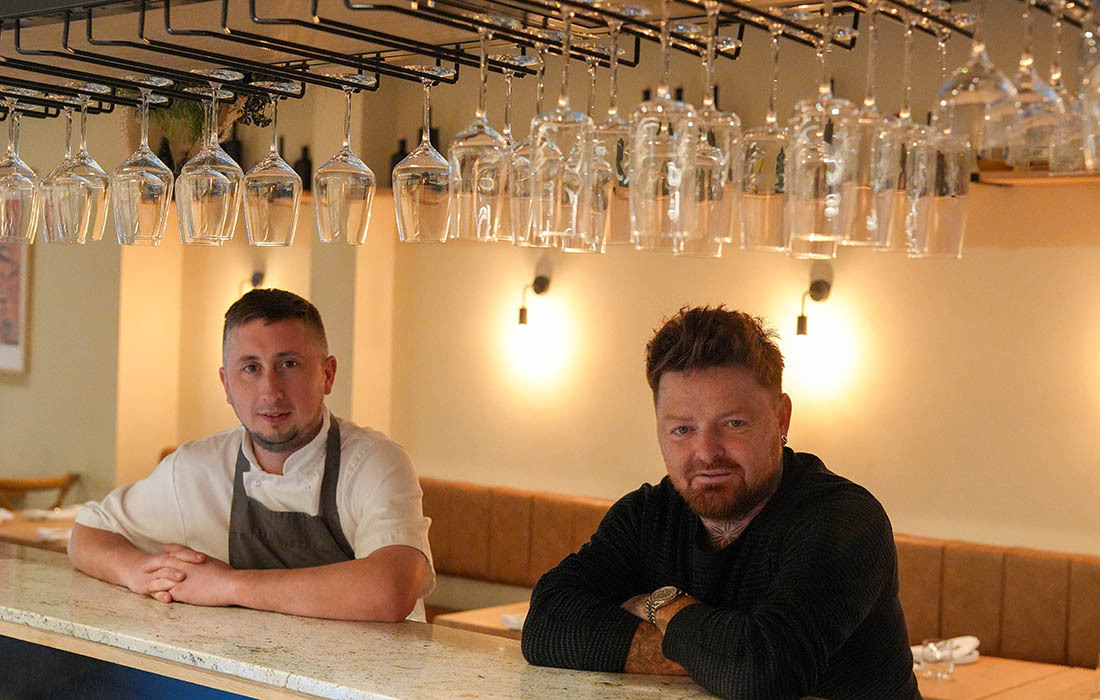Raymond Blanc on spas, Michelin stars, TV shows and Le Manoir
Raymond Blancâs latest book looks back fondly at a career that has seen 19 Michelin-starred chefs pass through the kitchen at his iconic hotel-restaurant in Oxfordshire. Just donât mention retirement. He may have recently received an honorary OBE, but with TV show The Restaurant to front and major plans for Le Manoir, heâs not about to rest on his laurels, as Tom Vaughan finds out
A chat with Raymond Blanc is delivered with Olympic zeal, almost without breath: the wild, gesticulating hands, the fists crashing on the desk with goggle-eyed emphasis. He jumps back and forth, abandoning and retrieving topic strands, making notes on the point of departure as he dives off on a tangent.
His latest book, A Taste of My Life
Accompanying him on a tour of his hotel itâÂÂs hard to imagine when heâÂÂll reach that point. Working his way through the kitchen, kiss after kiss, dropping in to the cookery school to wide-eyed hellos, lacquering Gallic charm on breakfasting guests, hurrying, always a pace ahead and with the semblance of a limp.
By his own admission, Blanc plans for 10âÂÂ'15 years ahead, and he knows that by then heâÂÂll be 74, and a four-day week, 16-hours-a-day role will be too tiring. That, though, is some indeterminate point in the future all energies now are focused on Le ManoirâÂÂs new plans.
The goal, as he sees it, is âÂÂto prepare this place beyond me to make it sustainable, so that anyone coming to this place at some time in the future will be able to make a profit from every square inch of itâÂÂ. He has, technicalities aside, the dream of a spa on the vegetable garden: âÂÂThe best spa in Europe. Incredible! Incredible!â and a 27-acre small farm: âÂÂOne of the best micro-farms in the country. Mindblowing.â And when these are realised, Le Manoir will finally be complete, he says.
He fell in love with the building when he saw it in Country Life magazine, at the time searching for a small four-bedroom restaurant with a sizeable garden. Since then Blanc has passed some milestones at Le Manoir: two Michelin stars for the restaurant, five AA red stars for the hotel, the development of 19 Michelin-starred chefs in the kitchen, management retention of 90% over the past decade, and annual customer numbers of 82,000 across the hotel, restaurant and cookery school. Everything except for that third Michelin star âÂÂ" but weâÂÂll come to that.
I ask him whether, with the amount of energy that has gone into developing Le Manoir these past 25 years, he will be able to accept the finished article when he has it. âÂÂI think so, yes. There is unfinished business here, but when this place has its own spa and beautiful farm it will be complete. Every square inch of this place will be used. After that itâÂÂs just polishing, polishing, polishing.âÂÂ
If the finished article is in sight âÂÂ" a âÂÂcentre of excellence a modern classicâÂÂ, as he refers to it âÂÂ" then it explains why Blanc is starting to take stock of the past few years. Part and parcel of that has been a softening of Gallic stubbornness. âÂÂI have learnt one of the biggest strengths a person can have: the ability to admit that they donâÂÂt know everything. And if they donâÂÂt know it, to find the person who does.â When did this dawn on him? âÂÂI am a slow learner, so maybe only in the past 10 years.âÂÂ
This humility was helped, he admits, by the failure of his Le Petit Blanc chain of brasseries. The first opened in Oxford in 1996 and proved an initial success, even gaining a Michelin star in its first year. Then the problems came, with Blanc, the self-taught businessman, struggling with the multi-site concept. âÂÂWe moved to Birmingham and Manchester, and it is so easy to get it wrong, so easy. On a multi-site, you just get your wages wrong or your rent wrong and you lose money, as profit is that small. We knew we had problems. It was the biggest humble pie of my life, which was good for my humility. Nothing wrong with that.âÂÂ
Brasserie Blanc
After going into administration in 2003, the chain was bought by Loch Fyne Restaurants, renamed Brasserie Blanc and helped in a new direction by incoming managing director John Lederer. Part of BlancâÂÂs realisation that âÂÂif you donâÂÂt know it, find someone who doesâ comes from this appointment. âÂÂI knew, for success with a multi-site, you need a strong board with a lot of knowledge, and in John Lederer I found the managing director I had dreamt of. A great man! He looks after what is a problem for me âÂÂ" the multi-site.âÂÂ
With Blanc helping plan and develop menus one day a week, the brand has continued its growth since the buyout, with several new sites, including Cheltenham, Bristol and Leeds. There are also new plans imminent for Maison Blanc, his French boulangerie chain.
These days âÂÂ" the result of experience maybe, or a mellowing with age âÂÂ" Blanc wears his shortcomings on his sleeve. âÂÂIâÂÂm self-taught. Sometimes I wish IâÂÂd had a mentor or been to business school. I didnâÂÂt have that, so I had to learn from my own mistakes.âÂÂ
ItâÂÂs this lack of a mentor that fuels his dedication to training. Nineteen Michelin-starred chefs have passed through Le ManoirâÂÂs kitchen, and the management team is ferociously loyal. âÂÂI never had anyone who could truly help me. Turning from a waiter to a chef-patron and having to teach as you learn âÂÂ" by God, it is hard. It is hard.âÂÂ
It also helps explain his fist major foray into television. âÂÂAt first I said IâÂÂd never do reality TV. But then I realised it was just up my street.â So when the BBC came knocking, Blanc saw the chance to help young couples achieve a dream. Just what the young Blanc would have wished for. âÂÂIt made sense: teaching, inspiring, getting young people into the industry and giving them the right tools to succeed.âÂÂ
It seems to me, and I tell him so, that there is a discrepancy between the Blanc who nurtures and develops future chef-patrons in his own kitchen and the one who promotes XàFactor-style overnight success on screen. âÂÂOf course. It is TV. There are limits to what you can do. If it was for professionals, only professionals would watch it. Television can make you believe that in six months you can become Raymond Blanc. Of course it is not so.âÂÂ
It certainly is not so. Last yearâÂÂs winners, Jane and Jeremy Hooper, parted ways with their restaurant, Eight at the Thatch in Thame, Oxfordshire, run in partnership with Blanc, after just seven months. âÂÂIt wasnâÂÂt their dream,â claims Blanc. They wanted a smaller fine-dining restaurant in a provincial town, not the brasserie-cum-pub they won. âÂÂThis time round we must prepare them better,â he says. âÂÂThat is our job.âÂÂ
This yearâÂÂs winners are undergoing an intensive six monthsâ training, first on paper, and then in the Brasserie Blanc training programme. Blanc is even considering initially giving them a smaller restaurant that wonâÂÂt turn much of a profit, so they can ease into life as restaurateurs.
With a catalogue of previous winners from chef-related reality shows not making the grade as restaurateurs âÂÂ" the Hoopers, JamieâÂÂs Chef Aaron Craze or any of the recent Masterchef winners besides Thomasina Miers âÂÂ" it remains to be seen if this yearâÂÂs victors can make a go of it.
Part of his motivation behind the programme was to show how hard the industry can be. âÂÂUnless you have a game plan, a strong concept and a strong knowledge of the world of business, you are going to struggle,â he says. He also planned to address some of the misconceptions of life in the kitchen. âÂÂI wanted to do a positive programme and show that you donâÂÂt have to scream at people and break them into 1,000 pieces. Many people will disintegrate under that pressure but will take the lessons of failing without that.âÂÂ
Blanc was initially exiled in England as a waiter, 35 years ago, after a pan in the face from a disgruntled head chef. A part of that dazed, aspirant chef still comes across, most notably in his war of words with GordonàRamsay two years ago, where he criticised the celebrity chefâÂÂs management style and was called in return âÂÂa French twatâÂÂ.
âÂÂIt is not just Gordon. ItâÂÂs about the culture that he propagates that causes the damage. We are working very hard at changing an industry that was in the ice age, and then he creates a culture that belongs to the ice age, that is 50 years ago. I have huge respect for Gordon, what heâÂÂs achieved. ItâÂÂs not what I want, but it is what he wants. He has done well, and he has many great qualities, but his sensationalising of violence on the screen is damaging our industry. Would you send your child into an industry that appears like that?âÂÂ
Those children who were allowed into the industry and ended up as adults in BlancâÂÂs kitchen still talk of him with the utmost warmth âÂÂ" MarcoàPierre White went on record saying heâÂÂd never have gained his three stars were it not for a spell at Le Manoir âÂÂ" as Blanc is, above all, an inspiring mentor. He talks passionately about the deeper connection with food and the part it has to play in our lives, excitedly drawing pictures expressing and explaining the cyclical nature of cooking.
The British donâÂÂt carry the burden of culinary tradition like the French and Italians, he explains. And while this is liberating, we must ensure we donâÂÂt lose sight of the origin of our food. âÂÂMy caution is that gastronomy takes a route from our souls, not from a million miles away. If we are dependent on imports, we donâÂÂt connect as well. We need to ensure we connect with our sense of place, our own varieties.âÂÂ
It must be hard for Blanc, with his earthy upbringing among seasonal home-grown produce, to understand why chefs sometimes lack a similar passion, instilled from birth. But it is his childish sense of wonder when it comes to food that inspires trainees.
âÂÂWe think we are in charge of our own destiny,â he says, âÂÂand we are for some of it, but certainly not all of it. I didnâÂÂt want to be an entrepreneur I am an entrepreneur by accident, an accidental entrepreneur. I was a craftsman first, a man who had a business vision, but not a businessman. I know who I am: a man who is passionate and loves to work with people. And I am a man who has learnt, because in my early days you could say I was a complete maverick, completely driven by passion and instinct.âÂÂ
A third star
And so to that third star. Questions over the elusive accolade donâÂÂt sit comfortably at first, I guess because Blanc is aware of the modern fixation with Michelin stars among chefs.
âÂÂI said it many years ago, and I still say it today: I donâÂÂt work for stars,â he says. âÂÂI think itâÂÂs sad when young chefs work solely for stars, but I can see why it would be tempting. I would rather they work for excellence âÂÂ" to work at their best, to be their best and to progress âÂÂ" and if the stars are coming, itâÂÂs a by-product of that excellence.âÂÂ
Has he wondered why the third star never came? âÂÂMaybe the size of the operation here has penalised me. Maybe if I had a smaller place like I first wanted, I would have had three stars a long time ago. But am I biting my knuckles? No. I wanted to create a centre of excellence âÂÂ" a modern classic âÂÂ" and I think we are doing just that. IâÂÂm happy with my life IâÂÂm happy with my team. Because I didnâÂÂt get that third star, am I a lesser man? Is my team a worse team? I would have to say no to that.âÂÂ
He has a point: would any chef consider the greater achievement to be winning a third Michelin star, or training 19 chefs to achieve stars in their own right?
As we stand in the vegetable garden and Blanc finishes describing the new spa and farm, his eyes gloss over and he pauses, returning again to thoughts of accolades. âÂÂIt is a shame about that Michelin star. To reward my team, not for my ego.â And it seems that, while the third star isnâÂÂt by any means Le ManoirâÂÂs raison dâÂÂêtre, with the spa and farm complete, the elusive accolade will remain the last ungraspable piece of the jigsaw at his âÂÂcentre of excellenceâÂÂ.
Then he spins, slaps my shoulder and shakes my hand âÂÂ" âÂÂAll the best, eh?â âÂÂ" and hurries back to the house.
Le ManoirâÂÂs Michelin-starred alumni
Marco Pierre White
ÃÂ Harveys Restaurant and Marco Pierre White, London
Gary Jones
àLe Manoir aux QuatâÂÂSaisons, Oxfordshire
ÃÂ ÃÂ Homewood Park, Bath
àWaldoâÂÂs Restaurant, Cliveden, Berkshire
John Burton Race
ÃÂ The Landmark, London
àLâÂÂOrtolan, Shinfield, Berkshire
Michael Caines
ÃÂ Gidleigh Park, Devon
Paul Heathcote
àHeathcoteâÂÂs, Longridge, Lancashire
Eric Chavot
ÃÂ The Capital, London
ÃÂ Chavot Restaurant, London
Richard Neat
ÃÂ Pied ÃÂ Terre, London
ÃÂ Richard Neat Restaurant, Cannes
Aaron Patterson
ÃÂ Hambleton Hall, Oakham, Rutland
Andy Hamer
ÃÂ Homewood Park, Bath
Eric Barbe
ÃÂ Auberge de la Galupe, Urt, France
Fabio Baldassarre
àLâÂÂAltro Mastai, Rome
Simon Haigh
ÃÂ Mallory Court, Leamington Spa, Warwickshire
àInverlochy Castle, Fort William, InvernessâÂÂ'shire
Stewart Eddy
ÃÂ Hunstrete House, Bristol
Martin Burge
ÃÂ Whatley Manor, Malmesbury, Wiltshire
Chris Horridge
ÃÂ Bath Priory, Bath
Alan Murchison
àLâÂÂOrtolan, Shinfield, Berkshire
Peter Eaton
ÃÂ The Vineyard at Stockcross, Newbury, Berkshire
Pino Lavara
ÃÂ Palazzo Sasso, Ravello, Italy
Michael Bedford
Trouble House, Tetbury, Gloucestershire
Adam Simmonds
ÃÂ Ynyshir Hall, Eglwysfach, Powys
A Taste of My Life, by Raymond Blanc
Raymond BlancâÂÂs A Taste of My Life tells of his early desire to be a chef, the attempts and rejections âÂÂ" including that pan in the face âÂÂ" that led to him crossing the Channel in 1972 to become a waiter at a pub in Oxfordshire, then to chef-patron of Le Quat Saisons in a shopping mall in Summertown, Oxford how he became a runaway success, picking up his second Michelin star before finally moving to Le Manoir in 1984.
The book is available from Bantam Press, priced ã20.



